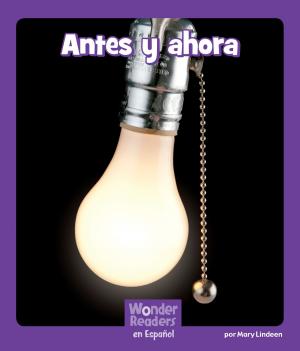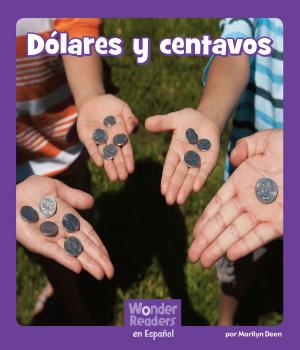Onka Yoruba: My First Naija Numbers
A Child's Yoruba-English Picture Book of Counting
Kids, People and Places, Non-Fiction, Africa, ABCs, 123s, Counting, Fran&| Author: | Ata Agoro | ISBN: | 1230000518710 |
| Publisher: | Ata Agoro | Publication: | June 28, 2015 |
| Imprint: | Language: | English |
| Author: | Ata Agoro |
| ISBN: | 1230000518710 |
| Publisher: | Ata Agoro |
| Publication: | June 28, 2015 |
| Imprint: | |
| Language: | English |
My First Book of Numbers
A picture book for early learners to learn numbers from zero to twenty. The book is structured in three ways:
(1) Beautiful photographs allow children to count from zero to twenty;
(2) Children learn the Arabic numbers for zero to twenty;
(3) Because the Yoruba counting system has twenty as its base, the appendix of the book explains the structure of the numbers eleven to twenty.
Yoruba and English words are on all pages for children to learn preverbal word recognition skills. Older children can also benefit from whole word recognition. Arabic numerals, a system understood universally, is provided as well.
Pictures of tangible everyday foods and items are suitable for children ages 0 – 2 to grasp basic number sense and concepts.
Arabic numerals as well as the Yoruba and English words for such numbers are appropriate for ages 3 - 5.
Word recognition and mathematical concepts (e.g, addition, subtraction) are appropriate for ages 5 and up.
Book 1 of the Ata Yoruba series, the Appendix includes:
~ a 0-10 chart
~ an 11-20 chart
~ examples of numerals illuminating the structure or pattern deriving the Yoruba word for the numeral
~ words to help the child count by 10s to 100
My First Book of Numbers
A picture book for early learners to learn numbers from zero to twenty. The book is structured in three ways:
(1) Beautiful photographs allow children to count from zero to twenty;
(2) Children learn the Arabic numbers for zero to twenty;
(3) Because the Yoruba counting system has twenty as its base, the appendix of the book explains the structure of the numbers eleven to twenty.
Yoruba and English words are on all pages for children to learn preverbal word recognition skills. Older children can also benefit from whole word recognition. Arabic numerals, a system understood universally, is provided as well.
Pictures of tangible everyday foods and items are suitable for children ages 0 – 2 to grasp basic number sense and concepts.
Arabic numerals as well as the Yoruba and English words for such numbers are appropriate for ages 3 - 5.
Word recognition and mathematical concepts (e.g, addition, subtraction) are appropriate for ages 5 and up.
Book 1 of the Ata Yoruba series, the Appendix includes:
~ a 0-10 chart
~ an 11-20 chart
~ examples of numerals illuminating the structure or pattern deriving the Yoruba word for the numeral
~ words to help the child count by 10s to 100















